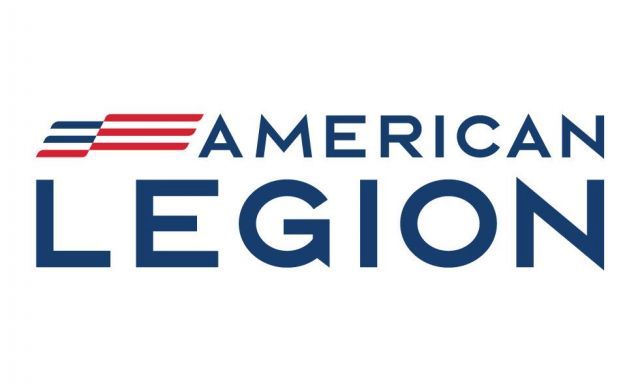
10 tips for writing press releases that work
Press releases are a good way to communicate events at your American Legion post to the community via local media outlets. But television stations, newspapers, news websites, radio stations and other media are not required to publish or broadcast this information.
That’s why it is important to understand what elements help improve the chances that a press release will be publicized and draw more people to your event. Here are 10 tips to consider as you write press releases.
- Do your homework. Before you even write the release, make sure you know the expectations of the recipients. A television station won’t need to know the information before close to the event. On the other hand, a weekly newspaper has a much different publishing schedule so you can’t wait until the last minute to send the information.
- Personalize it. It’s much better to have a point of contact for each media outlet so that the release has a better chance to get to the decision maker, rather than sitting in a pile of releases on someone’s desk.
- Verify, verify, verify. Before you send over the information, be 100% sure that all the information is accurate. Days, dates and times are correct. Same for names, phone numbers and other information on the release. Nothing erodes trust more than inaccurate information.
- Include all details. Be sure to include the 5 Ws — what’s the event, when is it, where is it, who is doing it and why.
- Keep it succinct. Like a resume, the recipient will glance at the press release quickly. A long-winded, multi-page press release won’t be read in its entirety. Keep it short but informative.
- Who ya gonna call? Provide contact information for the points of contact. The media representative may have a follow-up question (or want to arrange to come cover your event). This helps make their job easier, and gets you the media attention you sought.
- Inspire them. Make sure that the release is clear about why the event is important to the entire community, not just the Legion post. If it’s an event to promote Be the One or offer solutions for those dealing with PTSD, use facts to show the problem and how your post is helping local veterans. That’s a great way to sell the media on covering your event.
- Offer specifics. Is there designated parking (or limited spots) for media? When should they arrive on site? Think from their perspective about what they would need to know, then include it in the release or ask them to contact you for logistical information.
- Check back. If you have not heard from the media, it does not hurt to resend it or follow up with a phone call or email. In this age of information overload, it’s possible your release was overlooked. Following up with the point of contact is a good approach to make sure they have received the information, and if not, then you can engage them and let them know about your event.
- Follow up afterward. Reach out to the media reps who helped promote your event and thank them. That goes a long way in establishing the relationship or extending an established one. And don’t give up on the ones that did not cover your event. Try again next time.
